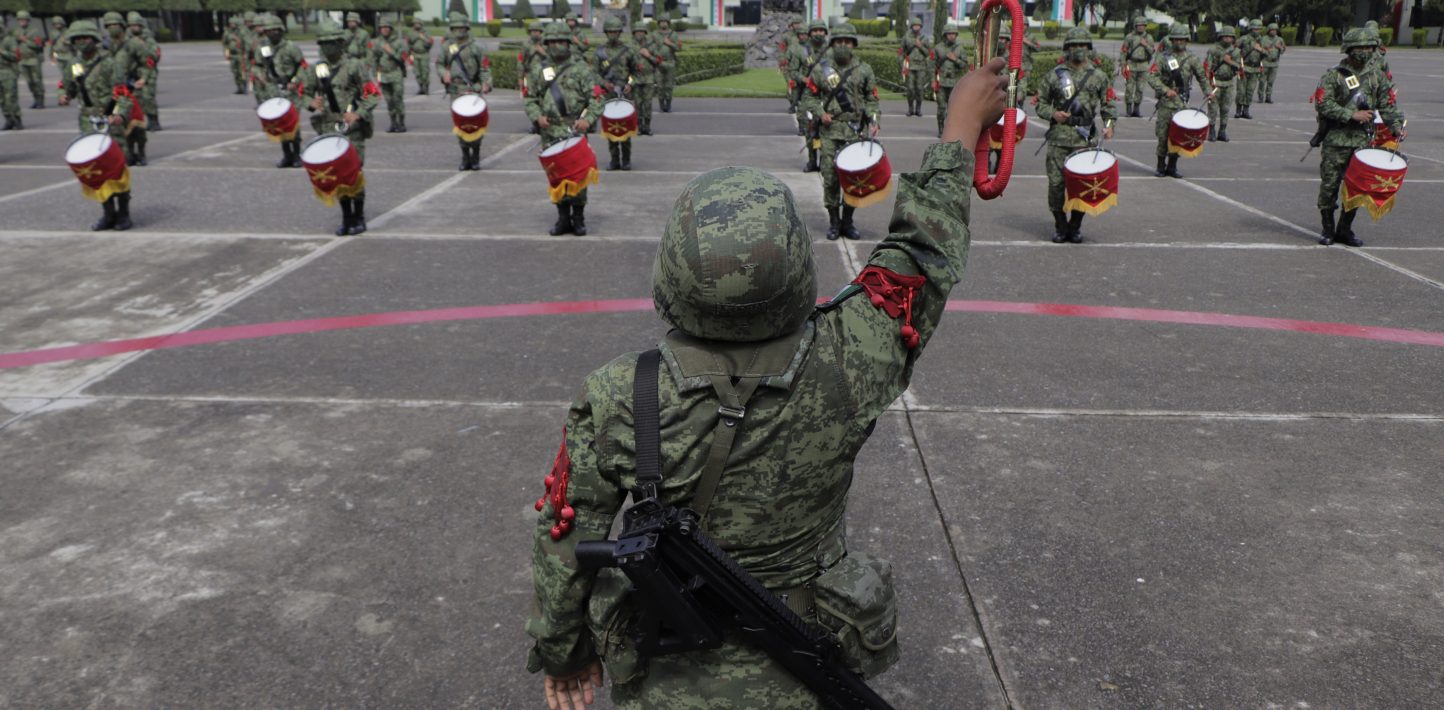The leaks obtained by the Guacamaya collective from various servers belonging to the armed forces in different countries in the region have revealed monitoring of the activities of civil society organizations, including Amnesty International, by the military in Mexico and Peru so far, showing the deterioration of respect for human rights, Amnesty International said today.
“The undue monitoring of civil society organizations identified in the Guacamaya collective leaks is an example of the hostile context in which we work as organizations defending human rights in the Americas. If the military in countries like Mexico and Peru have been unduly monitoring our work, undermining the defence of victims of human rights violations, we are even more concerned about the attacks that our partner organizations and human rights defenders through the region could face,” said Erika Guevara-Rosas, Americas director at Amnesty International.
“Instead of monitoring the activities of civil society organizations, the military and other authorities in the region should be ensuring a favourable environment for the defence of rights and acknowledging the important role played by human rights defenders. The monitoring revealed is unacceptable. Amnesty International strongly condemns this and demands full clarification of these actions.”
The undue monitoring of civil society organizations identified in the Guacamaya collective leaks is an example of the hostile context in which we work as organizations defending human rights in the Americas.
Erika Guevara-Rosas, Americas director at Amnesty International
In Mexico, the media outlet Proceso published a Ministry of Defense document containing multiple references to Amnesty International’s observations on the enforced disappearance of the 43 Ayotzinapa students in 2014. Among the recommendations in the document, it is proposed to “avoid the participation of Amnesty International” in a visit by the parents of the students to the barracks of the 27th Infantry Battalion in Iguala, Guerrero. In addition, references are made to statements made by Erika Guevara-Rosas, Americas director at Amnesty International, in relation to the failures in the investigation into the possible responsibility of the armed forces for the enforced disappearance of the students, indicating the monitoring was carried out in order to cover up the already dismantled “historical truth”.
According to Peruvian media outlet La Encerrona, Amnesty International, together with partner organizations in Peru such as IDL, Derechos Humanos sin Fronteras and CooperAcción, were also mentioned in Peruvian military documents leaked, in which their activities to defend human rights are linked to the social conflict in Cusco and Apurímac. Amnesty International has not had access to the full documents but believes that the state must protect and guarantee the defence of human rights. Amnesty International has repeatedly documented how organizations defending human rights in Peru are working in hostile contexts, facing constant stigmatization and criminalization.


